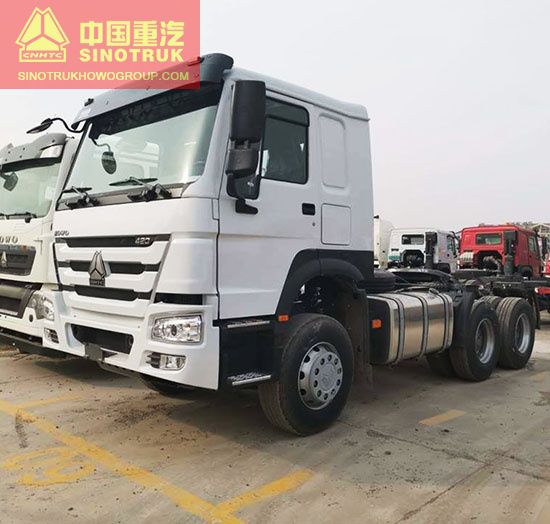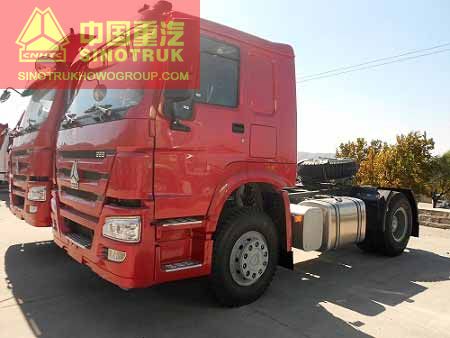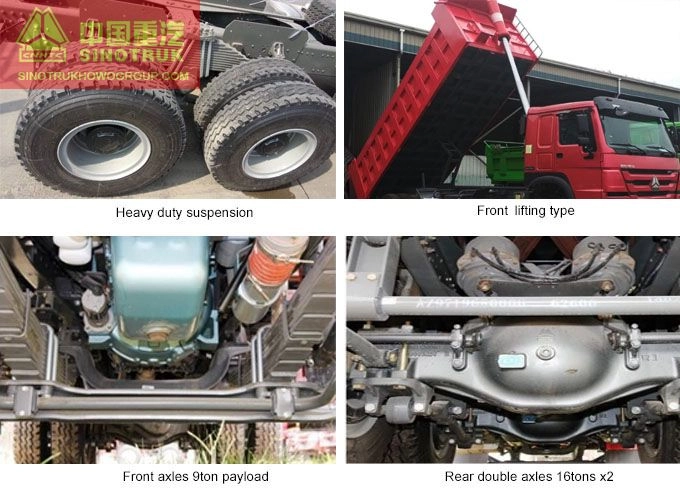sino concrete mixer,difference between concrete mixer and cement mixer
- Release time:05-03-2024
- Source:Sinotruk HOWO
Catalog overview:
Understanding the Importance of Concrete Mixers in the Construction Industry

In the realm of construction, concrete is an indispensable material, and the heart of its production lies in the concrete mixer. A Sino Concrete Mixer, originating from China's robust manufacturing sector, is a key player in this process. This article delves into the significance, features, and applications of these robust machines, providing insights for contractors, engineers, and construction enthusiasts.
The Functionality of Sino Concrete Mixers
Sino concrete mixers, known for their durability and efficiency, are designed to blend cement, water, sand, and aggregates to form concrete. They come in various types, including transit mixers and drum mixers, each tailored to specific project needs. The rotating drum ensures a uniform mixture, crucial for the strength and integrity of the final concrete product. The mixer's capacity, from small-scale to large-scale, allows it to cater to projects of different scales, from residential to commercial construction.
Advantages of Sino Concrete Mixers in Construction
One of the key advantages of Sino mixers is their ability to produce concrete on-site, ensuring a continuous supply and reducing transportation costs. Their robust build ensures minimal maintenance and long service life. For instance, in the construction of the Beijing-Tianjin Intercity Railway, Sino concrete mixers played a vital role in delivering high-quality concrete efficiently.
Case Study: Sino Mixers in Action
In the construction of the Shanghai Tower, one of the world's tallest buildings, Sino concrete mixers were instrumental. Their precision mixing capabilities enabled the production of high-strength concrete needed for the tower's towering foundations. This demonstrates the reliability and performance of these machines in high-stress, large-scale projects.
Optimizing Efficiency with Sino Concrete Mixers
To maximize efficiency, it's crucial to choose the right mixer for the job. Factors to consider include project size, mixer capacity, and the type of concrete required. Proper maintenance, regular cleaning, and operator training are also vital to ensure the mixer's optimal performance and longevity.
Sino Concrete Mixers – A Pillar of Construction Progress
Sino concrete mixers are not just machines; they are partners in the construction journey, facilitating the creation of durable structures. Their role in the industry is undeniable, and their efficiency, versatility, and reliability make them a go-to choice for contractors worldwide. As the construction industry continues to evolve, Sino concrete mixers stand ready to meet the challenges of tomorrow, driving progress one mix at a time.
difference between concrete mixer and cement mixer
Introduction to Concrete Mixers and Cement Mixers: The Fundamentals
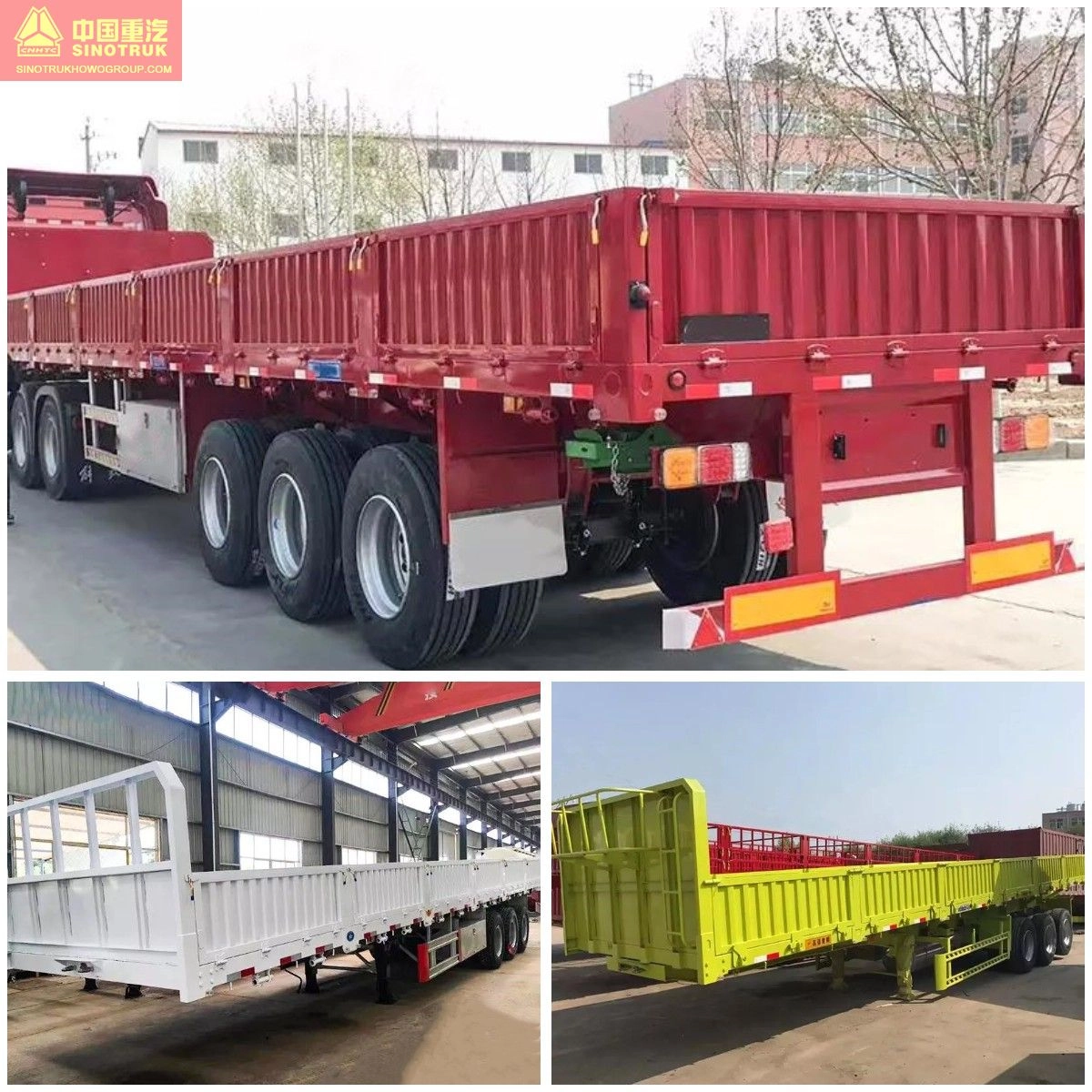
When it comes to construction sites, two essential pieces of equipment that often cause confusion are concrete mixers and cement mixers. Although they might seem interchangeable, there are distinct differences between these workhorses of the building industry. This article aims to clarify these differences, focusing on their functions, components, and applications.
1. Understanding the Function: Concrete Mixers vs. Cement Mixers
A cement mixer, also known as a mortar mixer, is primarily designed to combine cement, water, and aggregates like sand or gravel to create the paste that forms the basis of concrete. It is a drum-shaped machine that rotates to mix the components, ensuring a uniform blend. The mixed ingredients are then poured out for use.
On the other hand, a concrete mixer encompasses a broader term, often referring to the entire process from mixing to transportation. It includes the cement mixer, but also features a truck or trailer-mounted unit that can transport the mixed concrete to the site before it hardens. These are commonly referred to as "concrete trucks" or "cement trucks," although the term "cement" is technically incorrect, as it only refers to one part of the mixture.
2. Components and Design
Both types of mixers have a drum that rotates in one direction to mix the materials and the other to discharge the mixture. a concrete mixer truck adds a chassis, a mixing drum, and a hydraulic system to lift and rotate the drum, enabling the pouring of concrete at the construction site.
3. Applications and Usage
Cement mixers are ideal for small-scale projects where the mixed concrete can be used immediately, such as DIY home repairs or small construction sites. They are also commonly found in bricklaying and masonry work.
In contrast, concrete mixers (trucks) are indispensable for large-scale construction projects where large volumes of concrete are needed, and timely delivery is crucial. They are used in the construction of bridges, buildings, and highways, where the mixed concrete must be transported over longer distances.
4. Importance of Choosing the Right Mixer
Selecting the right mixer depends on the project's scope, the quantity of concrete required, and the distance to the pour site. For small projects with limited space and immediate usage, a cement mixer is a practical choice. For larger projects with time constraints and transportation needs, a concrete mixer truck is the more efficient option.
Separating the Concrete from the Cement
while cement mixers are essential for mixing the ingredients, concrete mixers, especially those on trucks, take it a step further by facilitating transportation. Understanding these differences is crucial for efficient project planning and execution. Whether you're a seasoned contractor or a DIY enthusiast, knowing the right tool for the job can save time, effort, and resources on any construction site.
is a concrete mixer worth it
Introduction to Concrete Mixers in Trucking
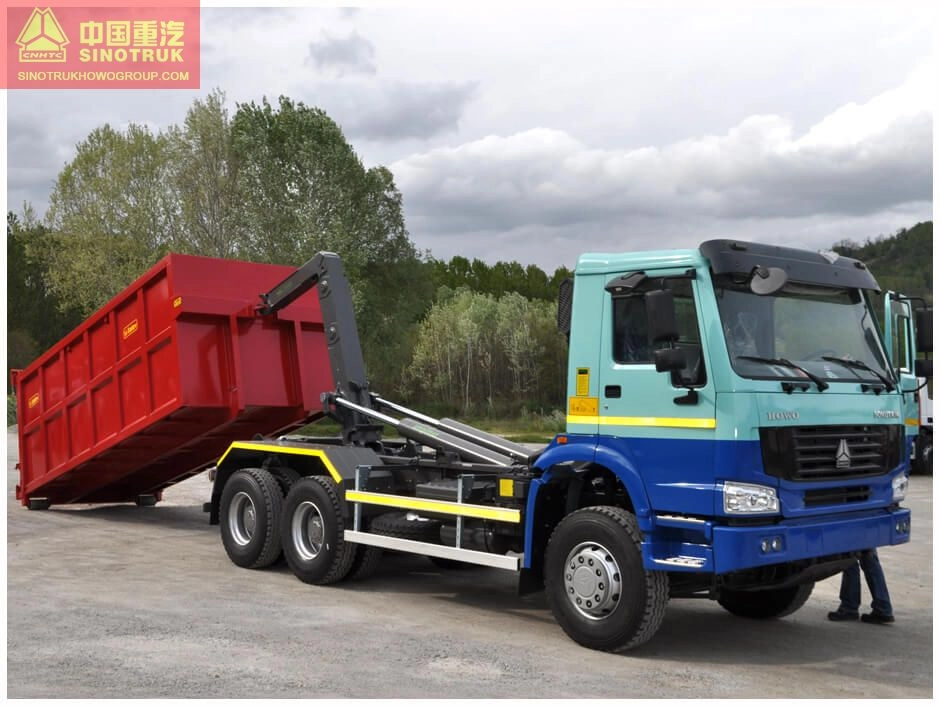
Concrete mixers, an integral part of the construction industry, have long been a subject of debate when it comes to their worth in trucking. These specialized vehicles, also known as cement mixers, play a crucial role in delivering and preparing concrete on-site, but are they a worthwhile investment for businesses? This article delves into the advantages, disadvantages, and various factors to consider when deciding if a concrete mixer is worth the investment.
Efficiency and Productivity Boost
One of the primary benefits of owning a concrete mixer truck is the significant boost it provides to efficiency and productivity. With the ability to mix concrete on the go, projects can proceed without delays due to waiting for off-site mixing or transporting pre-mixed concrete. A case in point is the construction of the Burj Khalifa, the world's tallest building, where the use of concrete mixer trucks allowed for continuous pouring, ensuring the structure's stability and timely completion.
Cost Considerations
While concrete mixers can increase productivity, they also come with a substantial upfront cost. The purchase price, maintenance, and fuel consumption are factors that need to be weighed against potential savings in labor and time. For smaller-scale operations, hiring a mixer truck on an as-needed basis might be more financially viable. for larger construction companies or frequent concrete users, the long-term savings and control over the mixing process can justify the investment.
Flexibility and Customization
Concrete mixers offer the flexibility to tailor the mixture to specific project requirements. This is particularly useful for complex construction projects that demand different concrete strengths or additives. By having a mixer truck, contractors can adjust the mix on-site, ensuring the concrete's quality and consistency, as demonstrated in the construction of the Hoover Dam, where custom mixes were essential for the immense concrete pours.
Regulatory and Environmental Factors
Regulations and environmental concerns also play a role in the decision. Some regions have strict rules on concrete delivery and disposal, which a mixer truck can help navigate. Additionally, the ability to mix only the required amount of concrete reduces waste and environmental impact, aligning with the growing emphasis on sustainable construction practices.
Is a Concrete Mixer Truck Worth the Investment?
the worth of a concrete mixer truck depends on various factors, including the scale of operations, frequency of use, and the specific needs of construction projects. While the initial cost may seem daunting, the potential for increased efficiency, productivity, and customization can outweigh the expenses in the long run. For businesses with a steady flow of concrete-intensive projects, investing in a mixer truck can prove to be a strategic and profitable decision. for smaller outfits or those with infrequent concrete requirements, rental options might be the more practical choice. Ultimately, a thorough cost-benefit analysis and understanding of project requirements are key to making an informed decision.


